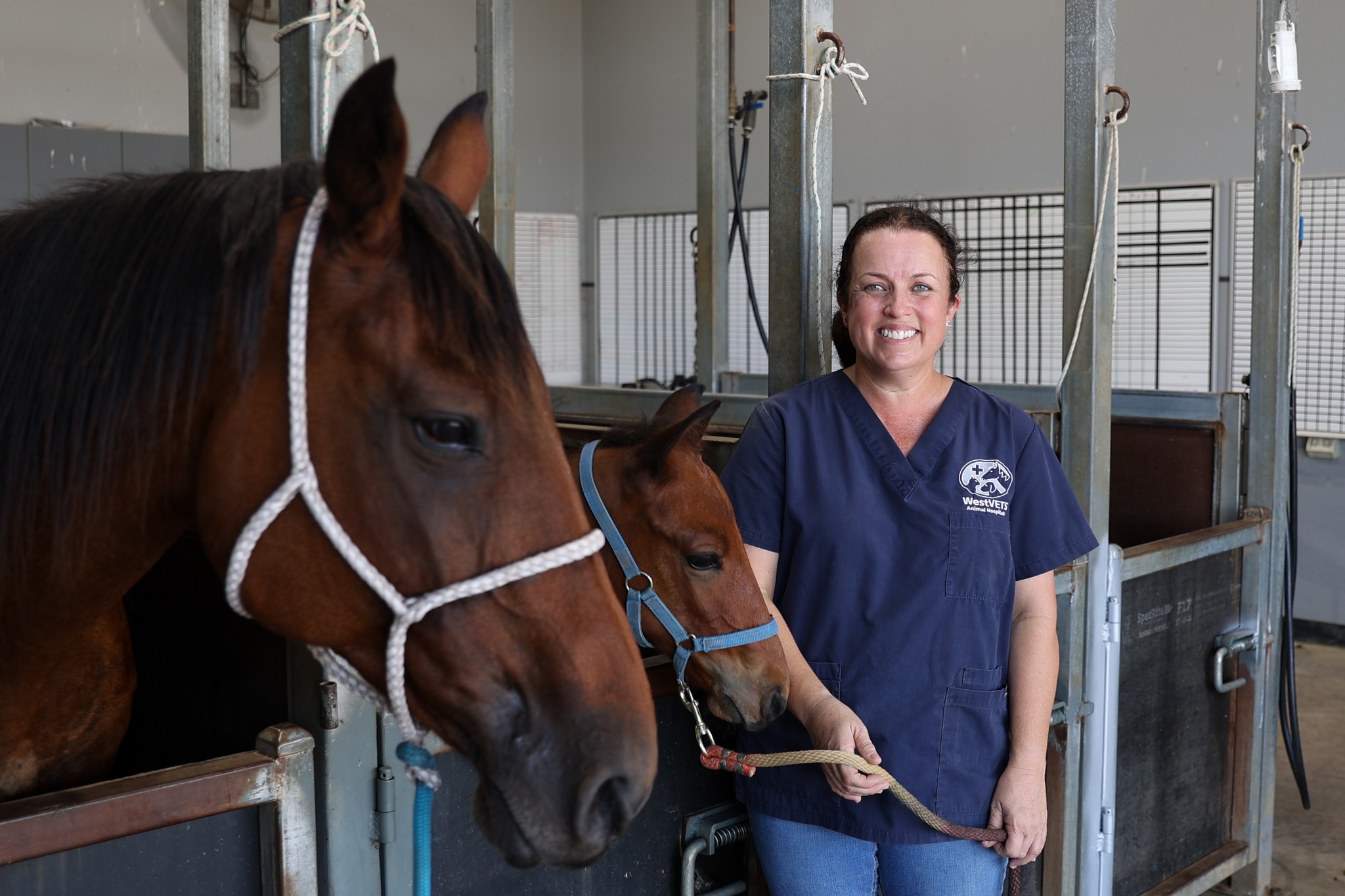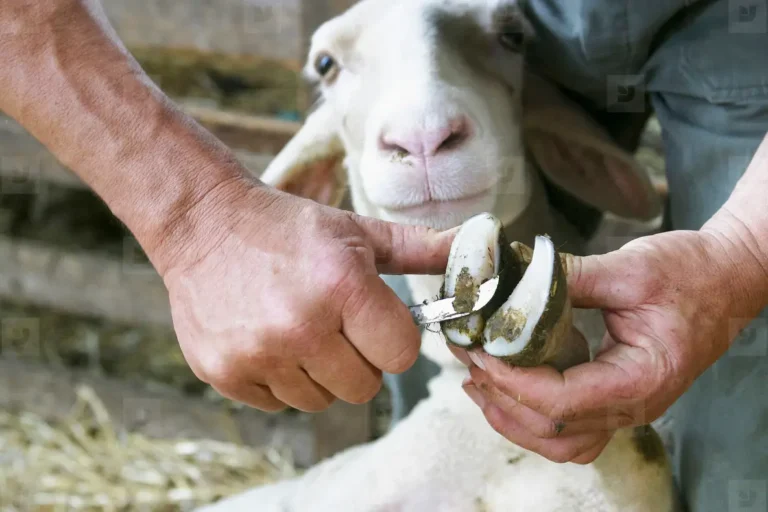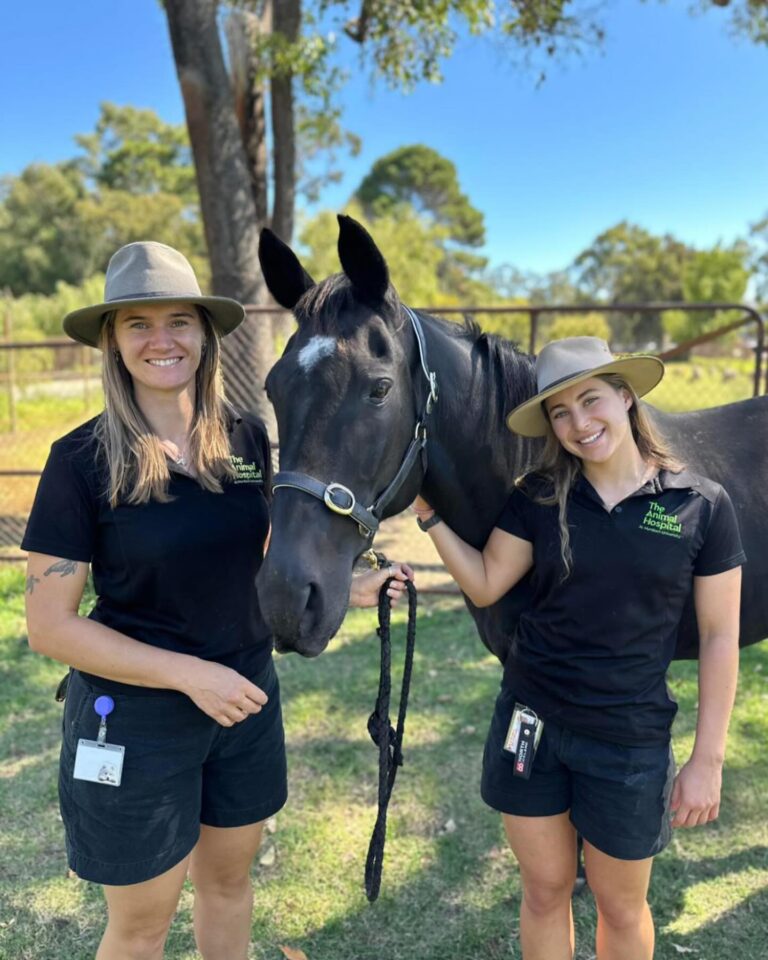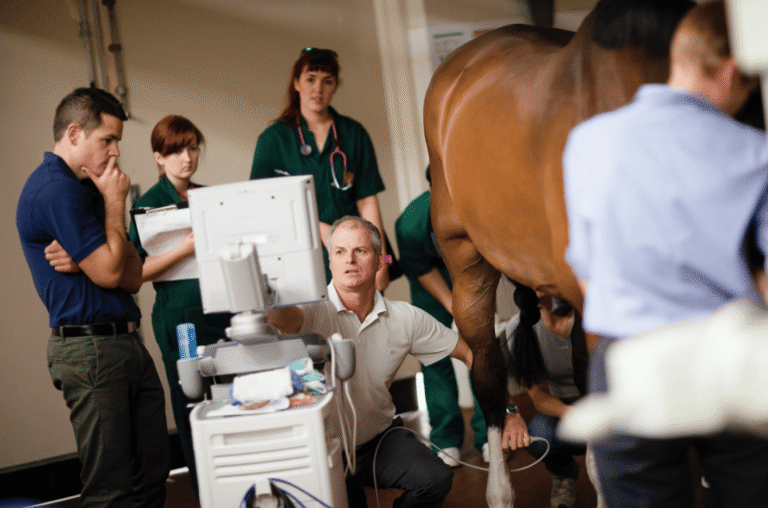Choosing the best equine veterinary hospital in Australia is a critical decision for horse owners, whether you’re managing a small farm or a competitive stable. The right veterinary care can make the difference between a horse’s recovery and prolonged suffering.
An equine veterinary hospital provides specialized medical care tailored to horses, with advanced diagnostics, surgical expertise, and emergency services.
This guide explores how to evaluate location, facilities, and expertise to ensure your horse receives world-class care. Understanding these factors allows you to make informed choices that prioritize your horse’s health and well-being.
Why Choose Specialized Equine Veterinary Care?
Horses require unique medical attention due to their size, physiology, and specific health challenges. Unlike small animal clinics, equine veterinary hospitals are equipped with advanced tools like MRI scanners and surgical suites designed for large animals.
While general veterinarians may lack the specialized knowledge needed for complex cases like colic or lameness, equine specialists are trained to address issues ranging from reproductive challenges to orthopedic injuries, ensuring better outcomes.
Therefore, choosing a dedicated equine hospital means accessing expertise and facilities tailored to your horse’s needs.
The importance of specialized care became clear when one of my mares developed severe colic during a late-night storm. A local vet provided initial treatment, but only a specialized hospital with 24/7 emergency services and surgical capabilities could perform the life-saving procedure she needed.
To make the right choice, you must consider location, facilities, and the expertise of the veterinary team, which we’ll explore in detail below.
Location
The location of an equine veterinary hospital is a primary factor in your decision-making process. Horses often require urgent care, and a hospital’s proximity can be a lifesaver.
In my experience managing a small horse farm in rural Queensland, I’ve found that a hospital within a 1–2-hour drive is ideal for emergencies like colic or severe lameness, which can escalate rapidly.
National animal health agencies recommend choosing a hospital with 24/7 emergency services, as delays in treatment can worsen outcomes. For example, a study by international livestock experts found that timely surgical intervention for colic improves survival rates by up to 80% (Journal of Veterinary Internal Medicine, 2020).
When assessing location, consider whether the hospital offers ambulatory services: veterinarians who travel to your farm for routine or emergency care. In remote areas, this service is invaluable, as transporting a horse long distances can be stressful and costly. For instance, a colleague in Western Australia relied on a hospital’s mobile unit to diagnose and treat a tendon injury on-site, avoiding a 3-hour trailer ride.
Ensure the hospital’s location aligns with your farm’s needs, and check if their ambulatory team can reach you quickly. This balance of proximity and mobility sets the foundation for effective equine care.
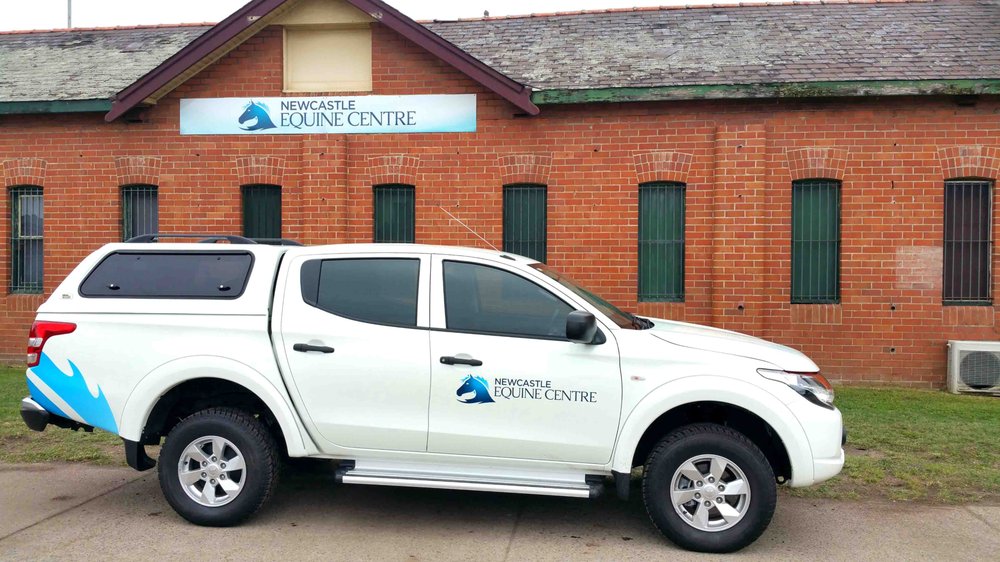
Facilities
The quality of a hospital’s facilities directly impacts the level of care your horse receives. Modern equine hospitals should have advanced diagnostic tools, surgical suites, and recovery areas designed for horses.
Technologies like digital radiography and ultrasonography can pinpoint issues like fractures or soft tissue injuries with precision. Leading veterinary research highlights that facilities with MRI or CT scanners are essential for diagnosing complex lameness cases, which affect up to 20% of performance horses annually. When choosing a hospital, prioritize those with state-of-the-art equipment to ensure accurate diagnoses.
Beyond diagnostics, evaluate the hospital’s surgical and recovery capabilities. A well-equipped surgical suite with padded recovery stalls minimizes risks during procedures like colic surgery, which requires general anesthesia. I recall a case where a friend’s horse underwent arthroscopy at a hospital with a dedicated equine operating theater, resulting in a swift recovery.
Hospitals should also have intensive care units (ICUs) for critical cases and isolation facilities for infectious diseases like strangles.
Visiting the hospital or reviewing their website for facility details can give you confidence in their ability to handle your horse’s needs.
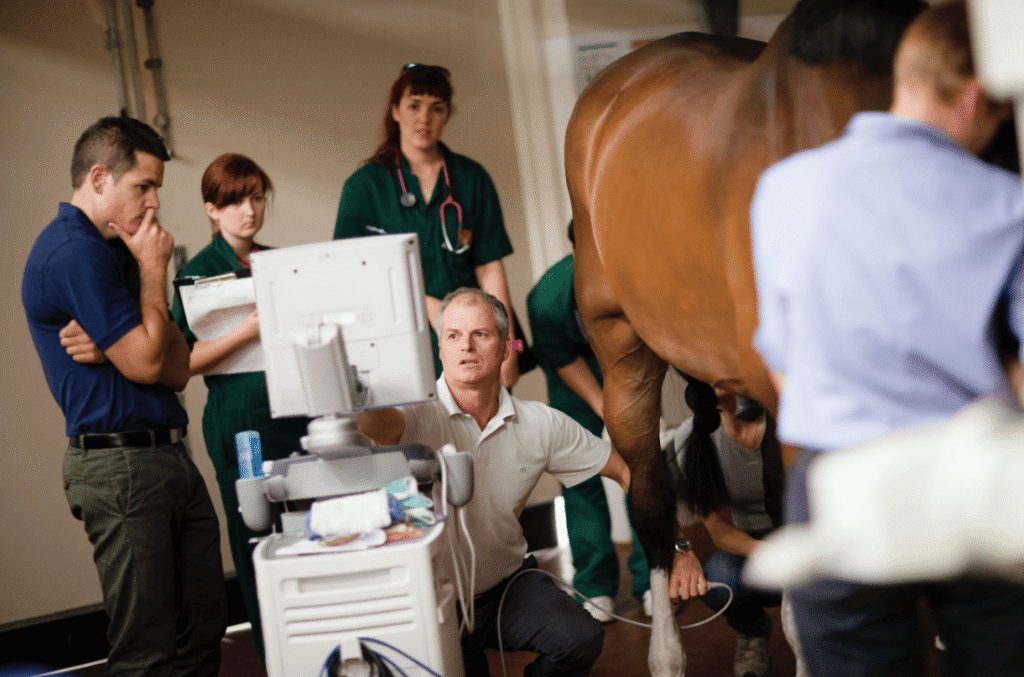
Expertise
The expertise of a hospital’s veterinary team is arguably the most critical factor in ensuring high-quality care. Equine specialists, such as those board-certified in surgery or internal medicine, bring advanced training to complex cases. In my experience, working with a specialist during a foal’s respiratory infection made all the difference, as their knowledge of equine-specific treatments led to a full recovery.
International livestock experts note that specialists are trained in areas like reproduction, lameness, and ophthalmology, which are critical for addressing diverse equine health issues.
Look for hospitals with registered specialists or veterinarians with international experience, as they often stay updated on the latest advancements.
To assess expertise, research the hospital’s team credentials and their involvement in equine research or education. For example, Scone Equine Hospital in New South Wales employs specialists who contribute to global veterinary journals, to further establish their authority (Scone Equine Hospital, 2023).
Client reviews and testimonials can also provide insight into a team’s competence. A colleague once chose a hospital based on its reputation for lameness evaluations, and the detailed diagnostic process saved her dressage horse’s career.
Ensure the hospital’s team has the expertise to handle your horse’s specific needs, whether it’s routine care or specialized treatment.
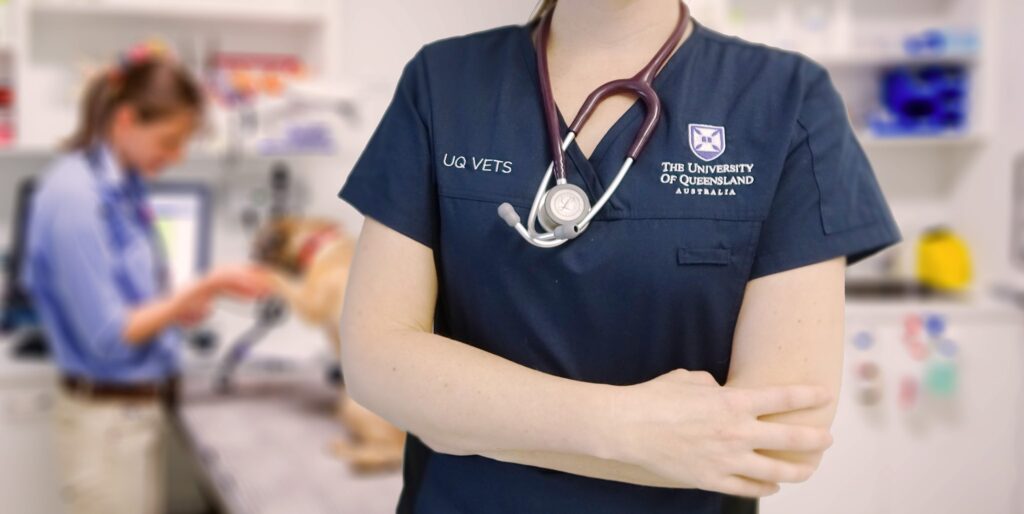
Additional Considerations for Choosing an Equine Hospital
Apart from location, facilities, and expertise, several practical factors influence your choice. Cost is a significant consideration, as advanced procedures like colic surgery can range from AUD 5,000 to 15,000, depending on complexity.
Equine insurance can offset these expenses, and some hospitals offer payment plans, which I’ve found helpful when managing unexpected veterinary bills. Check if the hospital accepts your insurance provider or offers financial guidance, as this can ease the burden of high-cost treatments.
Client communication and support are also key. A hospital that provides clear updates during treatment builds trust. When my gelding required hospitalization for a hoof abscess, the veterinary team’s daily calls kept me informed and reassured.
Additionally, consider the hospital’s reputation within the equine community. Online forums and social media groups, such as those on Facebook, often share experiences with hospitals like UQ VETS in Gatton or Goulburn Valley Equine Hospital in Victoria. These insights can guide you toward a facility that aligns with your values and expectations.
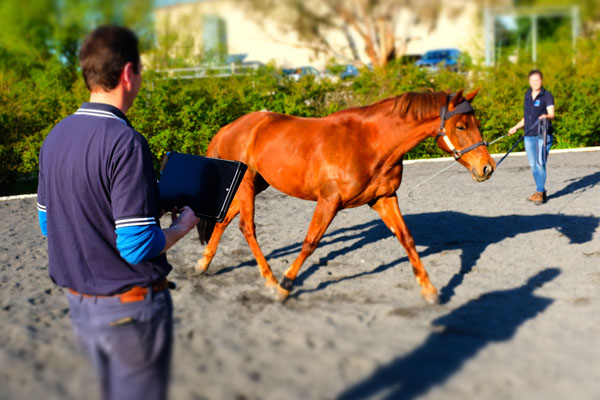
Practical Steps to Make Your Decision
To choose the best equine veterinary hospital, start by researching facilities within a reasonable distance from your farm. Visit their websites to review services, facilities, and team qualifications. Hospitals like Camden Equine Centre in NSW or Perth Equine Hospital in WA, for example, provide detailed online information about their capabilities.
Contact the hospital to ask about emergency protocols, ambulatory services, and specialist availability. If possible, tour the facility to assess cleanliness, equipment, and staff professionalism.
Finally, consult with other horse owners in your area for recommendations, as their experiences can highlight a hospital’s strengths and weaknesses.
This process helped me select a hospital for my horses in Queensland, where I prioritized a facility with 24/7 emergency care and a strong reproduction department for my breeding program.
Maintaining Your Horse’s Health with Veterinary Support
Partnering with a top equine hospital is only part of ensuring your horse’s well-being. Regular veterinary check-ups, ideally every 6–12 months, can catch issues like dental problems or early lameness before they escalate. Leading agricultural authorities recommend maintaining a vaccination and deworming schedule tailored to your region, as diseases like tetanus or parasites vary by climate.
Proper nutrition, regular exercise, and hoof care also play a role in preventing health issues. With your proactive care and access to a trusted equine hospital, you create a strong foundation for your horse’s long-term health.
Wrapping Up
Choosing the best equine veterinary hospital in Australia requires careful consideration of location, facilities, and expertise.
As a livestock farmer, I’ve learned that proximity to a hospital with 24/7 emergency services can be a lifesaver, while advanced facilities and specialist veterinarians ensure accurate diagnoses and effective treatments.
FAQ: Choosing an Equine Veterinary Hospital in Australia
What should I look for in an equine veterinary hospital?
Prioritize hospitals with advanced diagnostics (e.g., MRI, CT), 24/7 emergency services, and board-certified specialists. Ensure they offer ambulatory care for on-farm visits and have a strong reputation in the equine community.
How important is the hospital’s location?
Location is critical for emergencies like colic, where timely treatment improves outcomes. Choose a hospital within 1–2 hours of your farm or one with reliable ambulatory services for urgent care.
What facilities are essential for equine care?
Look for surgical suites, padded recovery stalls, and diagnostic tools like digital radiography or ultrasonography. Intensive care units and isolation facilities are vital for critical and infectious cases.
How can I assess a hospital’s expertise?
Check for specialists in equine surgery, internal medicine, or reproduction. Research their credentials, client reviews, and contributions to veterinary research for evidence of expertise.
Are equine veterinary services expensive?
Costs vary, with major procedures like colic surgery ranging from AUD 5,000–15,000. Equine insurance and payment plans can help manage expenses.
Related:

